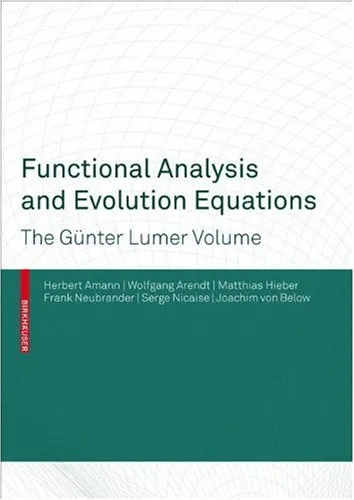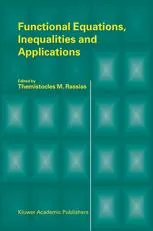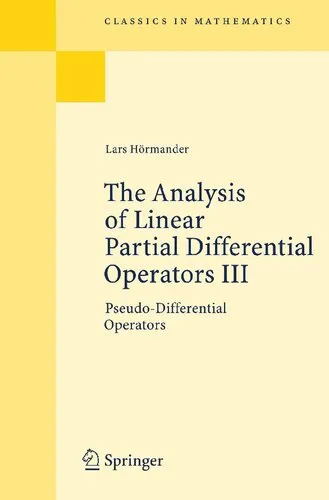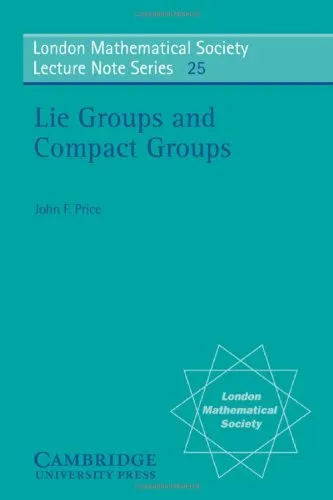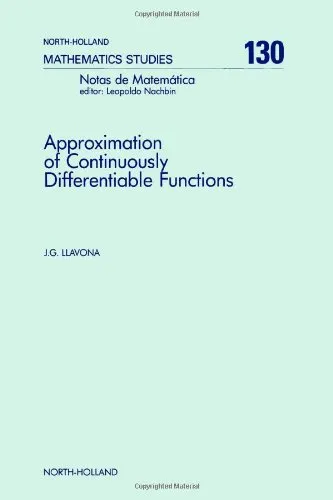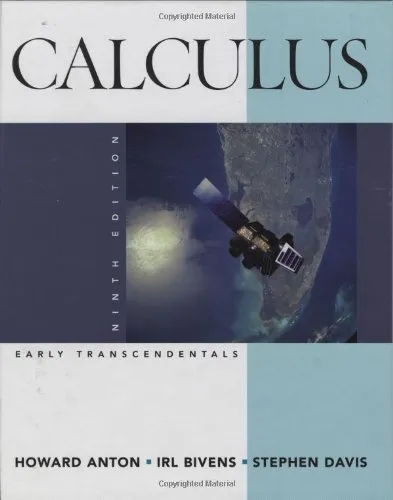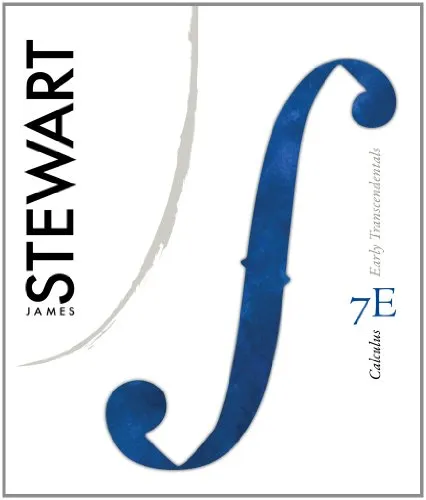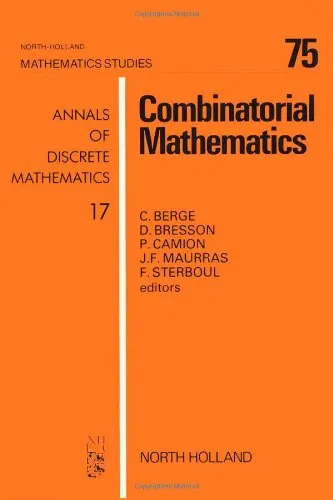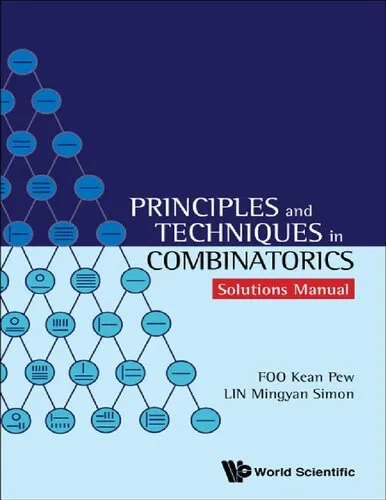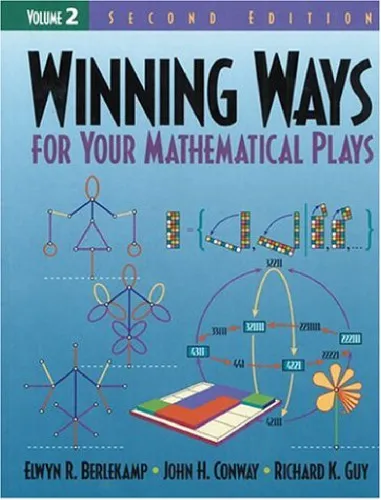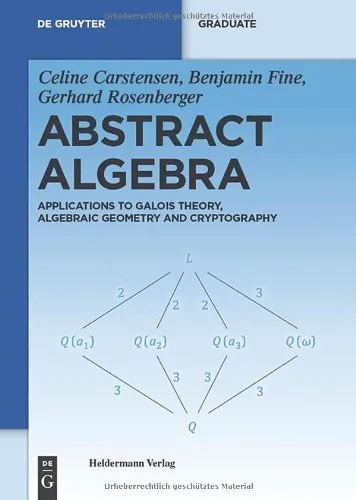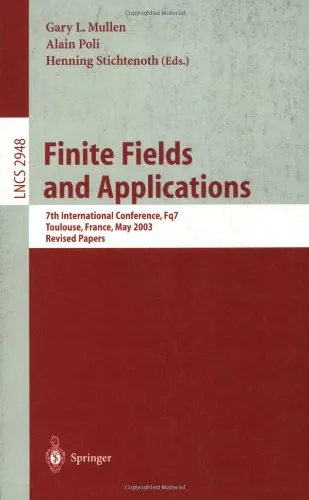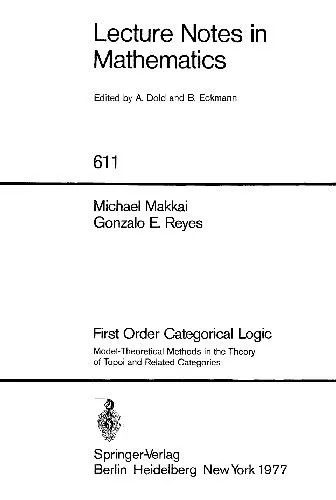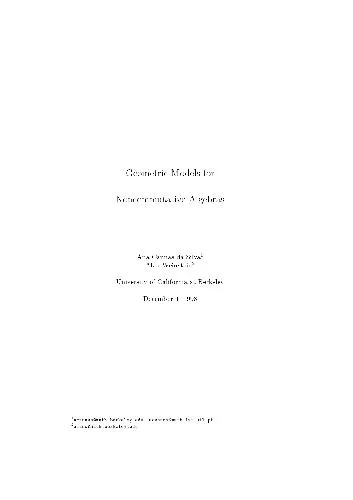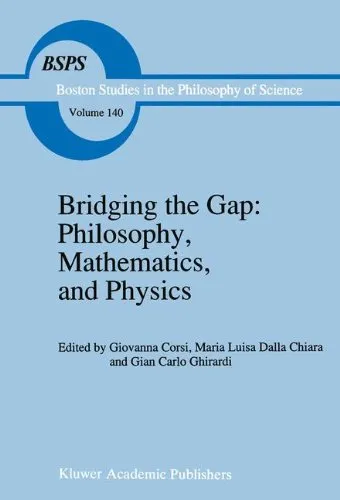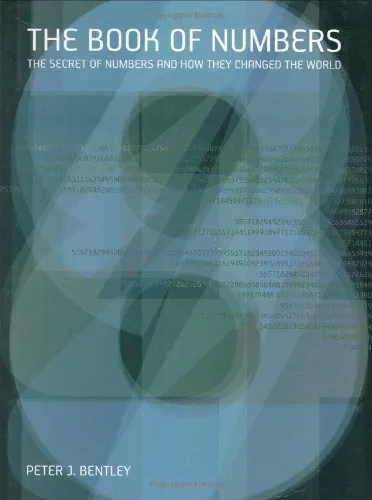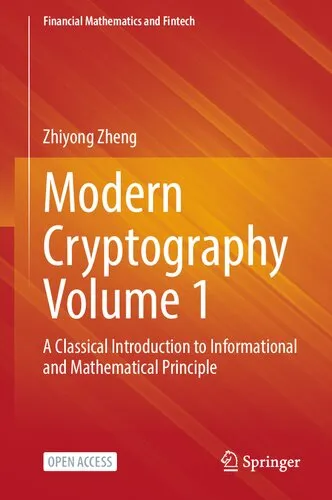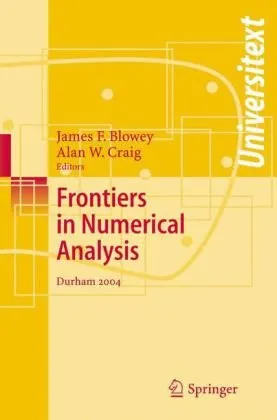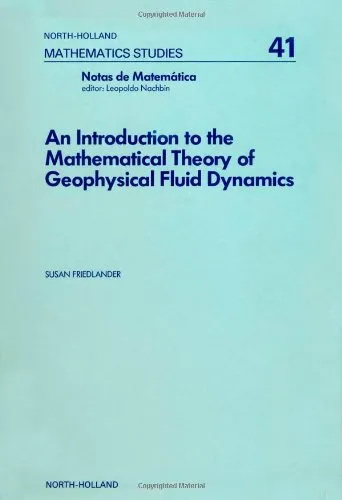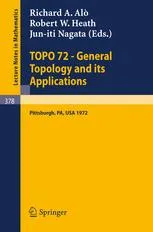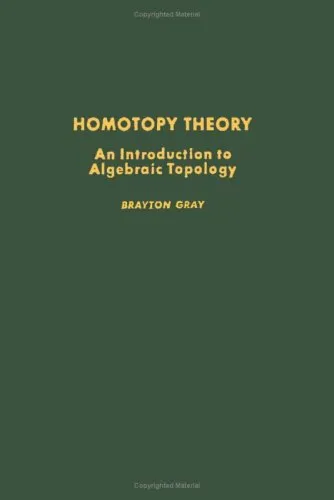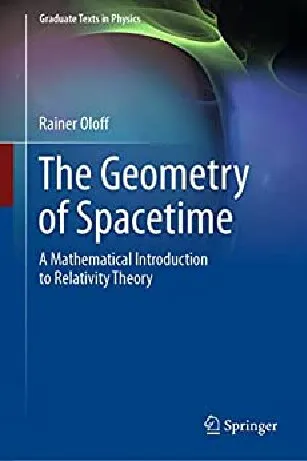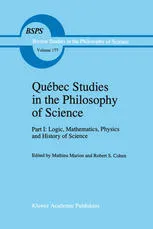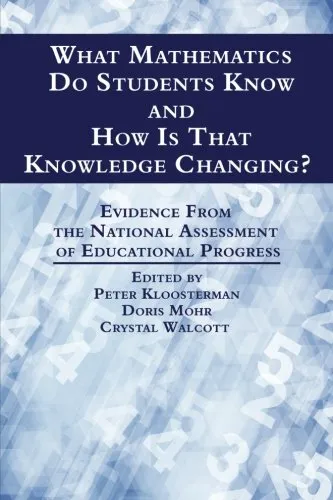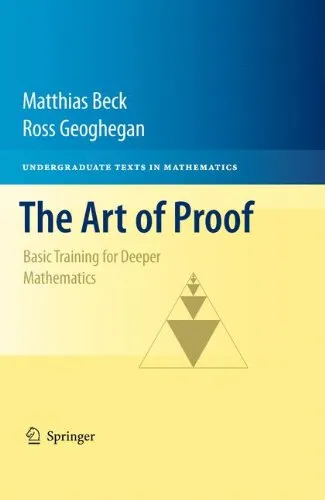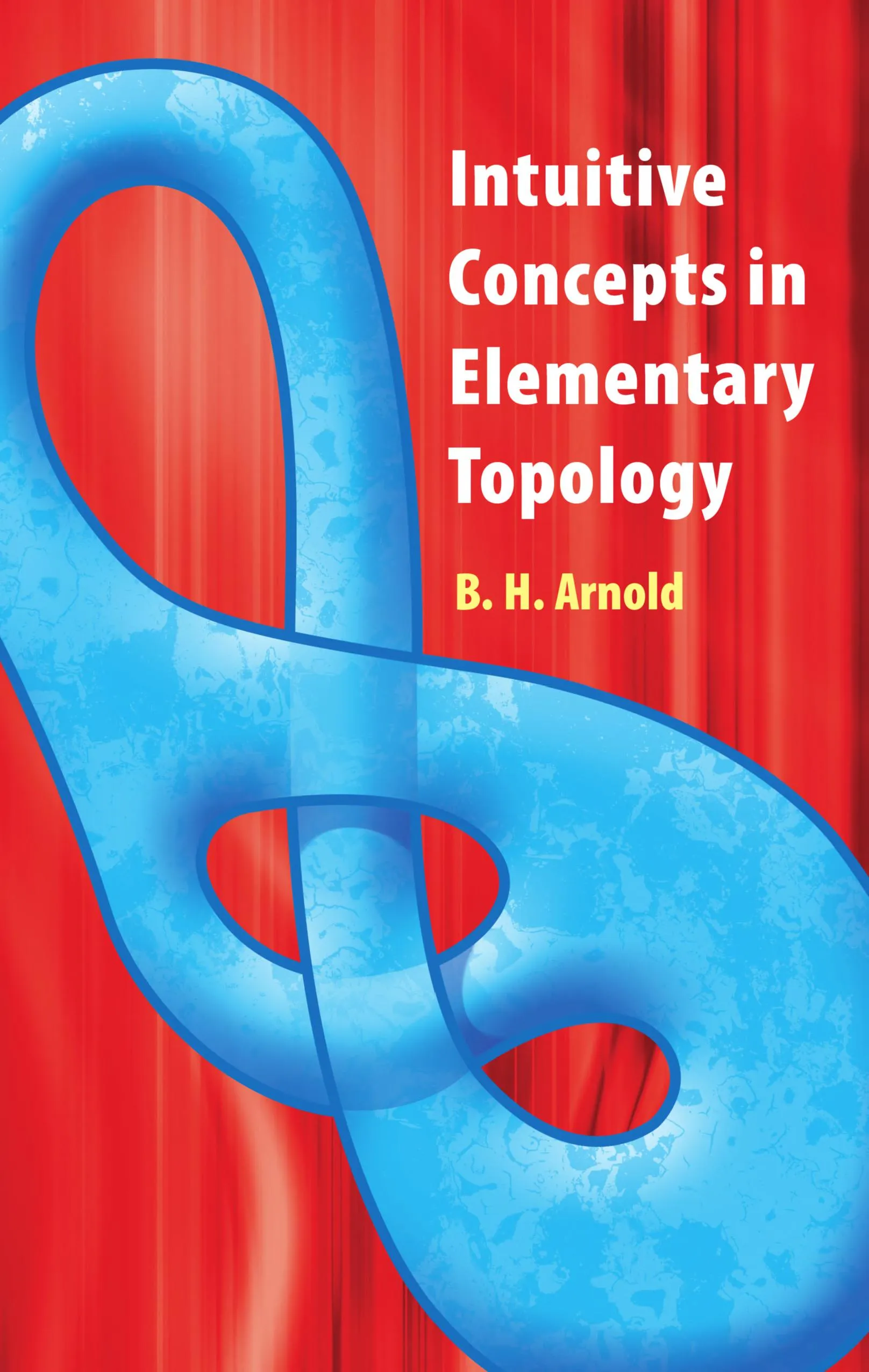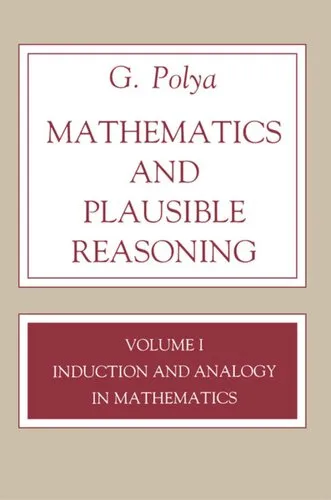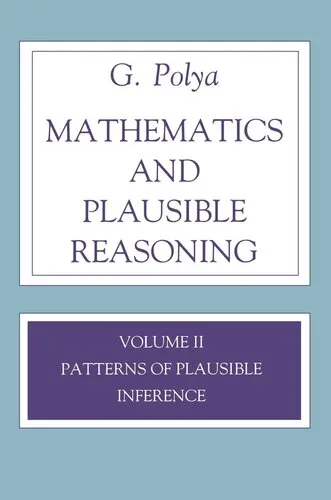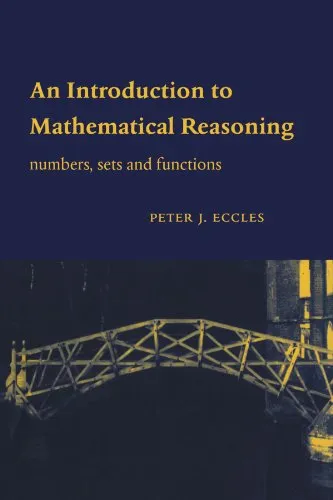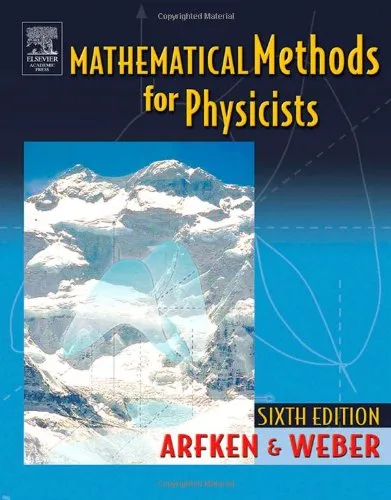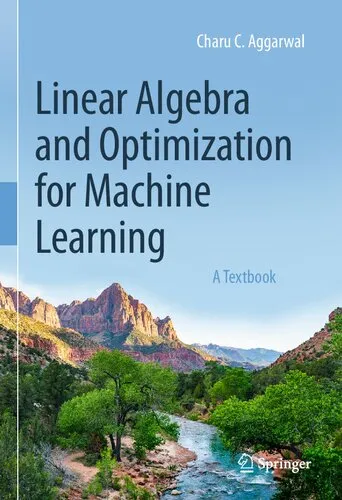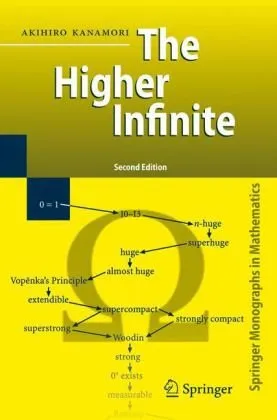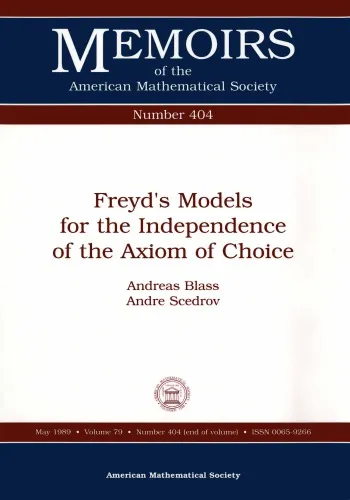Mathematics and Plausible Reasoning. Induction and Analogy in Mathematics
4.7
بر اساس نظر کاربران

شما میتونید سوالاتتون در باره کتاب رو از هوش مصنوعیش بعد از ورود بپرسید
هر دانلود یا پرسش از هوش مصنوعی 2 امتیاز لازم دارد، برای بدست آوردن امتیاز رایگان، به صفحه ی راهنمای امتیازات سر بزنید و یک سری کار ارزشمند انجام بدینکتاب های مرتبط:
معرفی کتاب
کتاب Mathematics and Plausible Reasoning. Induction and Analogy in Mathematics نوشتهٔ جورج پولیا یکی از تاثیرگذارترین و شناختهشدهترین آثار در زمینهٔ منطق ریاضی، تفکر قیاسی و استفاده از analogy در حل مسائل است. این کتاب به خوانندگان کمک میکند تا روشهای استدلال خلاقانه را بیاموزند و با اندیشهٔ ریاضی به شکلی عمیقتر و شهودیتر آشنا شوند. بخش اول این اثر به بررسی اهمیت induction و بخش دوم به کاربرد analogy در فرآیند استدلال و حل مسئله میپردازد.
خلاصهای جامع از کتاب
کتاب به دو بخش اصلی تقسیم میشود. بخش اول با عنوان Induction به مسائل مختلفی مانند چگونگی ایجاد hypothesis و استدلال برای generalization میپردازد. نویسنده به تفصیل توضیح میدهد که چگونه میتوان با استفاده از induction به یافتههایی منطقی دست یافت. او مفهوم plausible reasoning یا استدلال ممکن الوقوع را معرفی میکند و اهمیت آن را در کارهای ریاضی روشن میسازد.
در بخش دوم کتاب، پولیا به معرفی analogy پرداخته و توضیح میدهد که چگونه روابط مشابه میان پدیدههای مختلف میتوانند راهحلهای جذاب و نوآورانهای را به وجود آورند. او مثالهای مختلفی از کاربرد analogy در مسائل ریاضی ارائه میدهد و نشان میدهد که چگونه میتوان از این روش به عنوان ابزاری قدرتمند برای کشف و اثبات استفاده کرد.
مهمترین دستاوردهای کتاب
- درک عمیقتر مفاهیم induction و analogy در ریاضیات.
- آشنایی با اصول plausible reasoning و نحوهٔ استفاده از آن در حل مسائل ریاضی.
- تقویت مهارتهای تفکر خلاق و منطقی.
- توسعهٔ نگاه شهودی نسبت به مسائل ریاضی و فرمولهای بنیادین.
- یادگیری استراتژیهای موثر برای اثبات قضایا و یافتن راهحلهای نوآورانه.
جملات معروف از کتاب
"Mathematics, in this book, is not only a body of knowledge but a way of thinking."
"Induction and Analogy are at the heart of plausible reasoning in mathematics."
"The goal is not only to solve problems but to understand the methods of solving them."
چرا این کتاب مهم است؟
اهمیت این کتاب به دلیل رویکرد منحصر به فرد نویسنده به ریاضیات و روش حل مسئله است. جورج پولیا سعی کرده است خواننده را با فرایندهای فکری ریاضی آشنا کند، نه تنها به عنوان یک سری قواعد خشک و بیجان، بلکه به عنوان هنری شگفتانگیز که میتواند به کشفهای بزرگی منجر شود. اهمیت دیگر کتاب این است که به زبان ساده و قابل فهم نوشته شده است و هر کسی که علاقهمند به یادگیری روشهای خلاقانه و عمیق در ریاضیات باشد، میتواند از این اثر بهرهمند شود.
Introduction to "Mathematics and Plausible Reasoning: Induction and Analogy in Mathematics"
George Pólya’s "Mathematics and Plausible Reasoning: Induction and Analogy in Mathematics" is a timeless exploration into the art of mathematical reasoning. This seminal text delves into two pivotal methods of acquiring knowledge and solving problems in mathematics: induction and analogy. Written with clarity and depth, the book is an invaluable resource for mathematicians, educators, and students who are eager to develop a deeper understanding of problem-solving approaches and the philosophies that underpin mathematical inquiry.
Pólya takes readers on an intellectual journey through the core principles of reasoning that are fundamental not just to mathematics but also to science, logic, and everyday decision-making. With an emphasis on the thought processes that guide discoveries, the book bridges the gap between logical deduction and creative, heuristic strategies. "Mathematics and Plausible Reasoning" reveals how patterns, analogies, and inductive reasoning work together to inspire solutions and innovation.
A Detailed Summary of the Book
"Mathematics and Plausible Reasoning: Induction and Analogy in Mathematics" is the first volume of a two-part treatise on the nature of reasoning within mathematics. It emphasizes the practice of plausible reasoning, which contrasts sharply with formal deductive logic. Pólya establishes that plausible reasoning is not purely guesswork but is grounded in systematic and rational thought processes.
The book begins by examining inductive reasoning, where knowledge is generalized based on specific observations. Pólya demonstrates how mathematicians often observe patterns or trends within known data and then extend those patterns to formulate conjectures. These conjectures, while not yet proven, often guide further research and exploration.
The second half of the book focuses on analogy, which Pólya describes as another indispensable heuristic tool. By identifying similarities between different mathematical problems or concepts, mathematicians can transfer knowledge from one domain to another, shedding light on problems in unexpected ways. Examples are drawn from a variety of mathematical disciplines, illustrating how analogies can pave the way for breakthroughs.
Through a methodical analysis of historical mathematical developments, Pólya provides insights into how great mathematicians of the past utilized induction and analogy to arrive at elegant solutions. His case studies not only serve as educational tools but also inspire readers to adopt these methods in their own problem-solving endeavors.
Key Takeaways
- Plausible reasoning is an essential complement to rigorous deduction in mathematics.
- Inductive reasoning allows mathematicians to generalize ideas based on observed patterns.
- Analogical reasoning is a powerful technique for transferring insights and methods across different problems.
- Understanding the process of reasoning can greatly improve one’s problem-solving abilities in mathematics.
- The historical examples in the book underline the real-world relevance of these methods.
Famous Quotes from the Book
"Mathematics presented with rigor is too difficult in the beginning and too late in the end."
"A great discovery solves a great problem but there is a grain of discovery in the solution of any problem."
"The aim of mathematics is to explain phenomena, to discover relations, and to predict outcomes."
Why This Book Matters
George Pólya’s "Mathematics and Plausible Reasoning" is not just a mathematics book; it is a guide to thinking and reasoning effectively. The principles it discusses extend far beyond the confines of mathematics and can enhance analytical reasoning in fields such as science, philosophy, and engineering. By emphasizing the importance of induction and analogy, Pólya invites readers to ponder the creative and exploratory aspects of problem-solving alongside its logical structure.
The book matters because it provides a fresh perspective on how discoveries are made, offering actionable insights into improving one’s reasoning skills. Unlike many traditional mathematical texts that emphasize final proofs and solutions, Pólya shifts the focus to the process—the dynamic journey of moving from questions to ideas, and eventually to solutions. This makes the book a valuable asset not only for those studying mathematics but also for anyone interested in developing critical thinking skills.
دانلود رایگان مستقیم
شما میتونید سوالاتتون در باره کتاب رو از هوش مصنوعیش بعد از ورود بپرسید
دسترسی به کتابها از طریق پلتفرمهای قانونی و کتابخانههای عمومی نه تنها از حقوق نویسندگان و ناشران حمایت میکند، بلکه به پایداری فرهنگ کتابخوانی نیز کمک میرساند. پیش از دانلود، لحظهای به بررسی این گزینهها فکر کنید.
این کتاب رو در پلتفرم های دیگه ببینید
WorldCat به شما کمک میکنه تا کتاب ها رو در کتابخانه های سراسر دنیا پیدا کنید
امتیازها، نظرات تخصصی و صحبت ها درباره کتاب را در Goodreads ببینید
کتابهای کمیاب یا دست دوم را در AbeBooks پیدا کنید و بخرید
1500
بازدید4.7
امتیاز0
نظر98%
رضایتنظرات:
4.7
بر اساس 0 نظر کاربران
Questions & Answers
Ask questions about this book or help others by answering
No questions yet. Be the first to ask!


